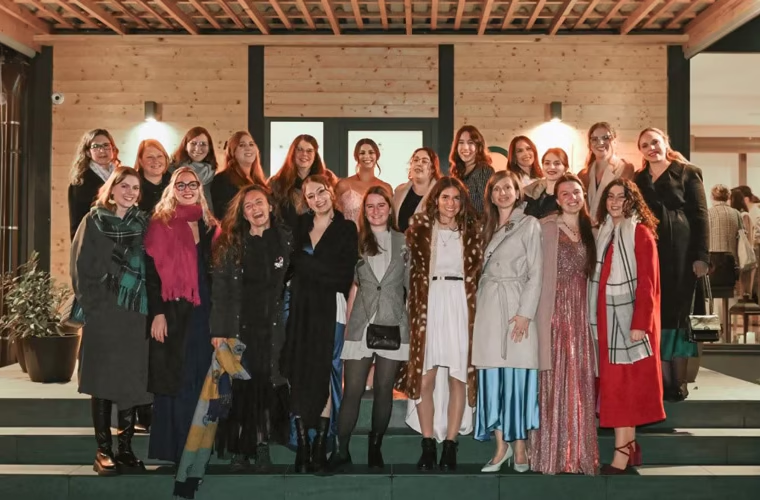Mental health innovation: It’s official, the 16th of January marks what has been named the most’ depressing day‘ of the year. Blue Monday is the day when most people abandon their New Year’s resolutions.
According to figures from The American Psychological Association, 38% of people said their stress increased during the holiday season,
leading to other illnesses, including depression, anxiety, and substance misuse. In addition, research from NW Europe states that each year, almost 165 million people across the EU experience a mental health condition such as depression or anxiety.
Safe to say, technology is helping combat the growing number of people experiencing these illnesses by providing swifter access to resources than ever before. If help is provided through something other than apps or video calls, it’s through websites and software programmes. A recent report from Deloitte has found that as many as 20,000 mental health apps may exist today, with two of the most popular being Calm and Headspace.
With so much innovation within the mental health sphere, Rebecca Lee spoke to Milica Krstić, Founder of the non-profit platform Siguran Prostor, about the concept and her plans for expanding the technology later this year.
Can you tell me a bit about Siguran Prostor? Where did the concept come from, and when was it first developed?
In 2020, when the pandemic began, seven of my friends attempted to end their lives and sadly, two of the seven committed suicide sometime in the summer of the same year. I came up with the idea of creating a platform where psychotherapists will provide free psychotherapy sessions to people who are financially unable to pay for psychotherapy. The idea was slowly developed, so in April 2022, the Siguran Prostor (safe space) platform started operating. Over five thousand people received help through the website in just eight months. Until recently, the platform was only available for users from the Balkans, but the idea of free psychotherapy spread quickly. Hence, many fellow psychotherapists (we have seventy-two onboard at the moment) worldwide came forward to support the idea. The platform Siguran Prostor is now available in Serbo-Croatian, Macedonian, Turkish, English, German, Ukrainian and Russian. The mission of the Siguran Prostor platform is to provide free psychotherapy, reduce the number of suicides, and raise awareness about psychotherapy.
Can you tell us a bit about your background and how you came to produce a platform for people in need?
I completed a BA in Psychology MA in Digital Marketing and Social Media at The University of Sheffield. I am currently doing a PhD in Social Sciences at UCAM University in Spain. After my bachelor’s degree, I continued my non-formal education in psychotherapy. After nine years of education in psychology and psychotherapy in Greece, the US, Spain, Serbia and Croatia, and with knowledge of digital marketing and social media, I combined all my experience. I used it to produce the website and do digital and traditional marketing for the brand whilst growing it quickly alongside my colleagues who are psychotherapists.
Are the psychotherapists screened before they join the site? How do you ensure they are the right people for the job?
Yes, all of them pass through screening, where we check their background, university degrees, psychotherapy education, and hours they had under supervision. The primary condition for being part of the platform is that, after screening, a psychotherapist is willing to provide at least one hour a week, or more, for free.
Are you looking at further developing the website, and if so, do you have any plans for an app?
At the moment, the plan for 2023 is to improve the website and create an app for both Android and iOS.
Did you notice an increase in demand for Siguran Prostor’s services during COVID? What is demand like now?
The platform Siguran Prostor didn’t exist when the COVID pandemic started, but the pandemic and lockdown made me think about creating the platform. And, two years later, here it is!
Where do the majority of your users come from?
Most of the people using our site come from Bosnia, Herzegovina, and Serbia.
Lastly, what are your ambitions for the website for 2023 and beyond?
As mentioned, in 2023, the plan is to create an app, so access for users can be more accessible and more interesting. We also want to increase the team of psychotherapists and introduce more languages. Also, in 2023, we want to create an in-person experience for our users, such as free workshops, support groups and classes.



